Nutmeg
Originally grown on the Banda Islands of Indonesia, nutmeg is a slightly sweet ground spice used to flavour drinks, desserts, meats, sauces and even festive eggnog. It contains powerful antioxidants which protect cells from damage caused by free radicals and also has anti-inflammatory properties which can help to prevent adverse health conditions such as arthritis, diabetes and heart disease.
During this time when protecting our health is at an all-time high, it’s always handy to have a jar of nutmeg in your kitchen cupboard. Add a sprinkle into banana smoothies, frothy lattes or even to sauces and vegetables to give your immune system a boost.
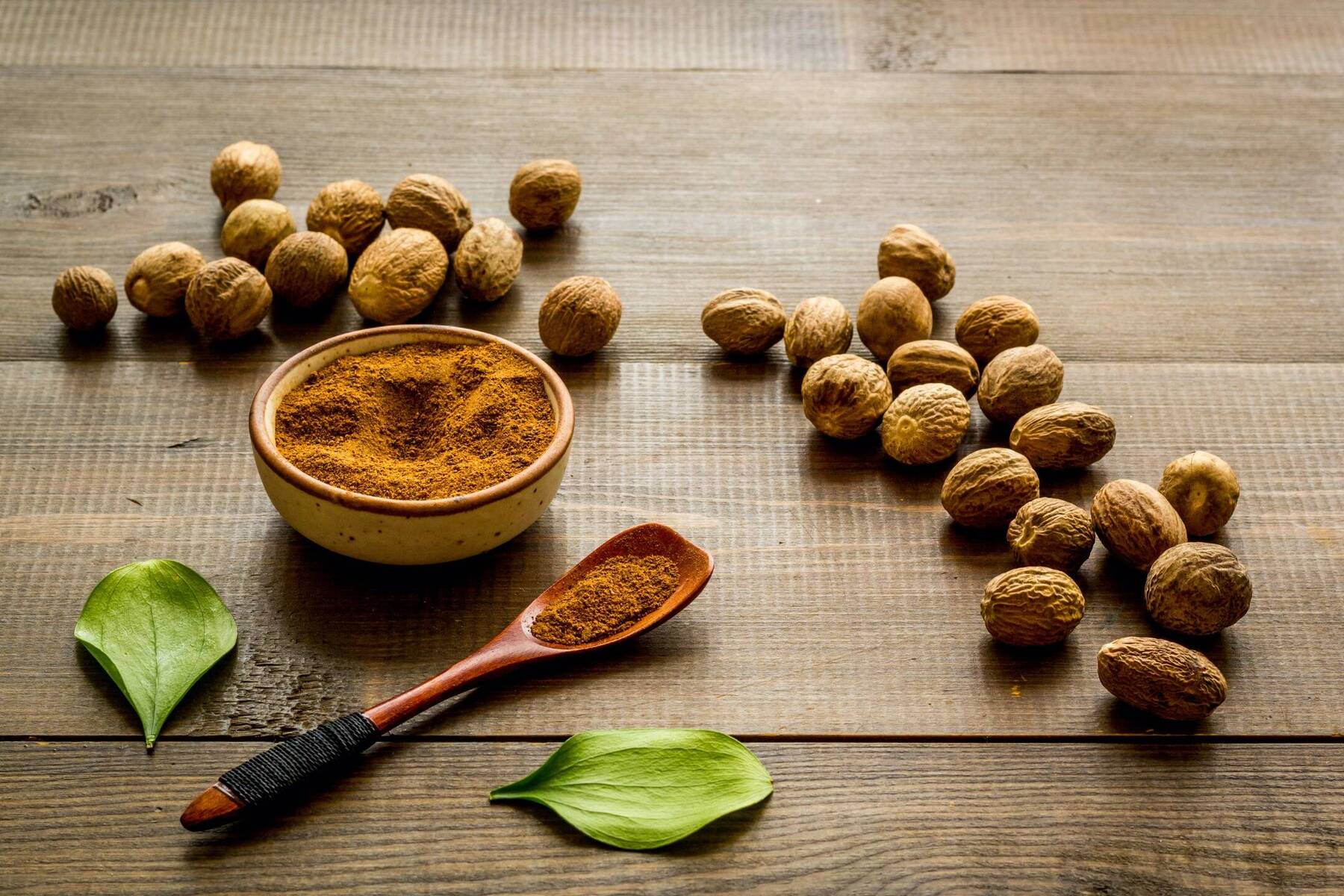

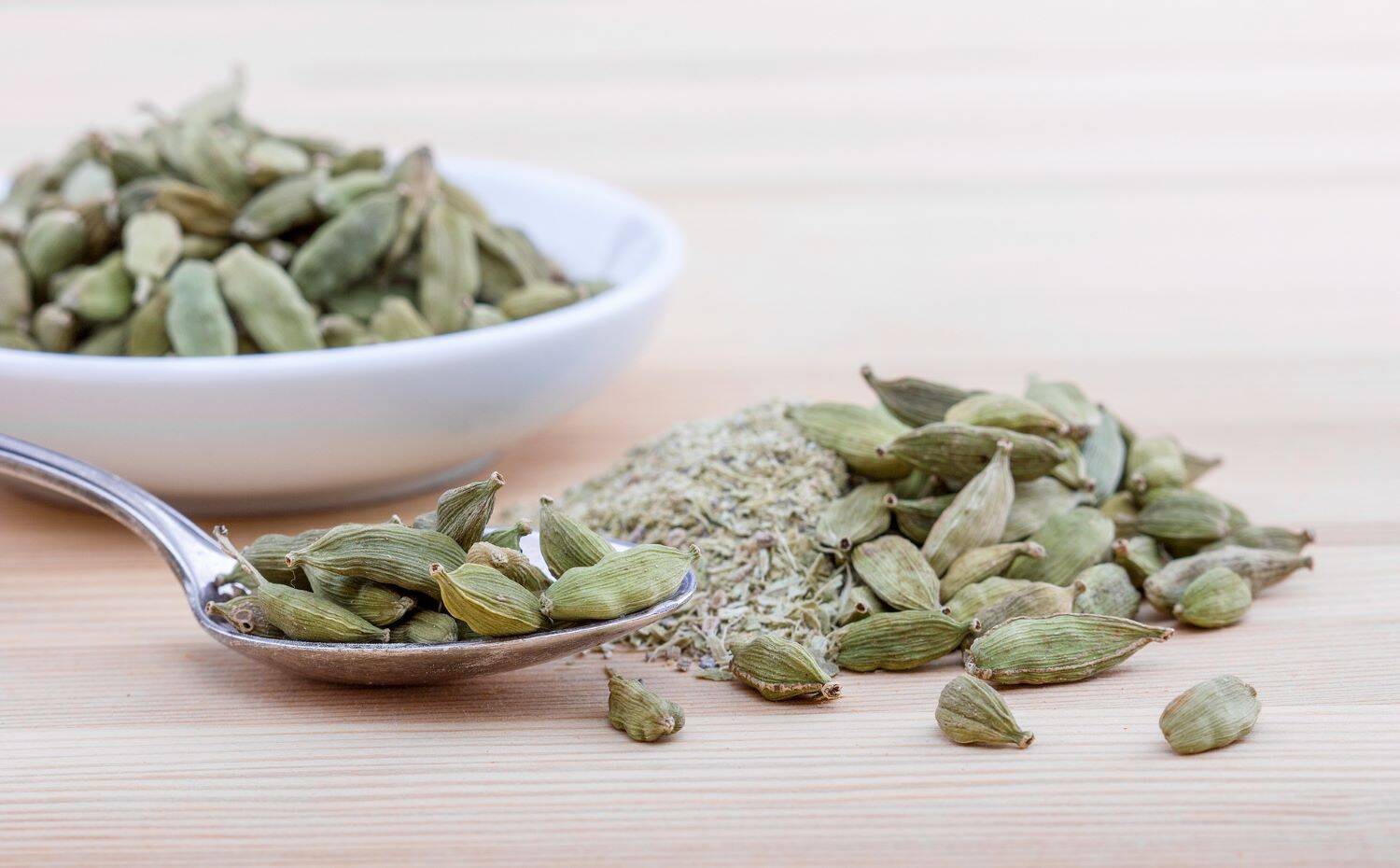
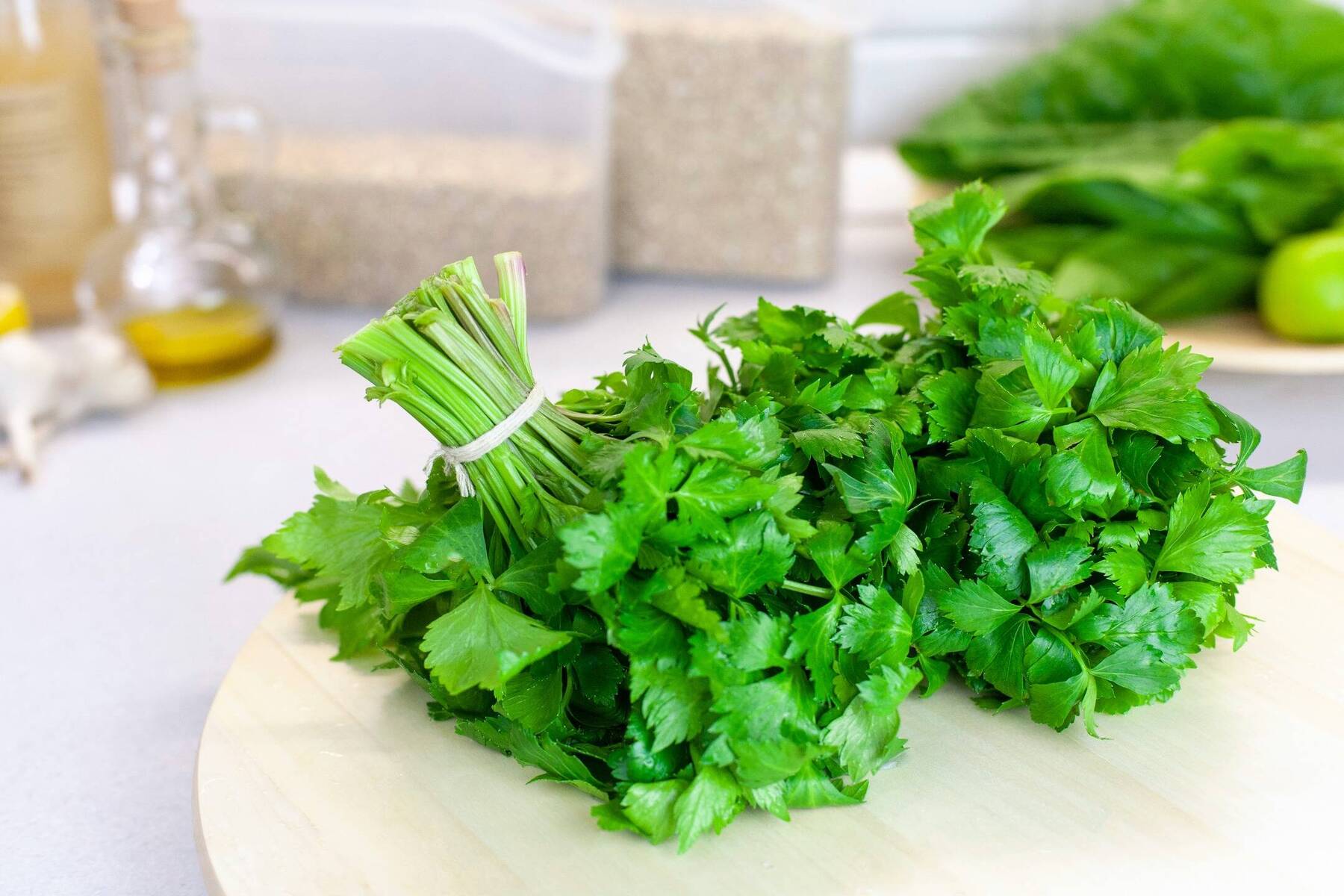
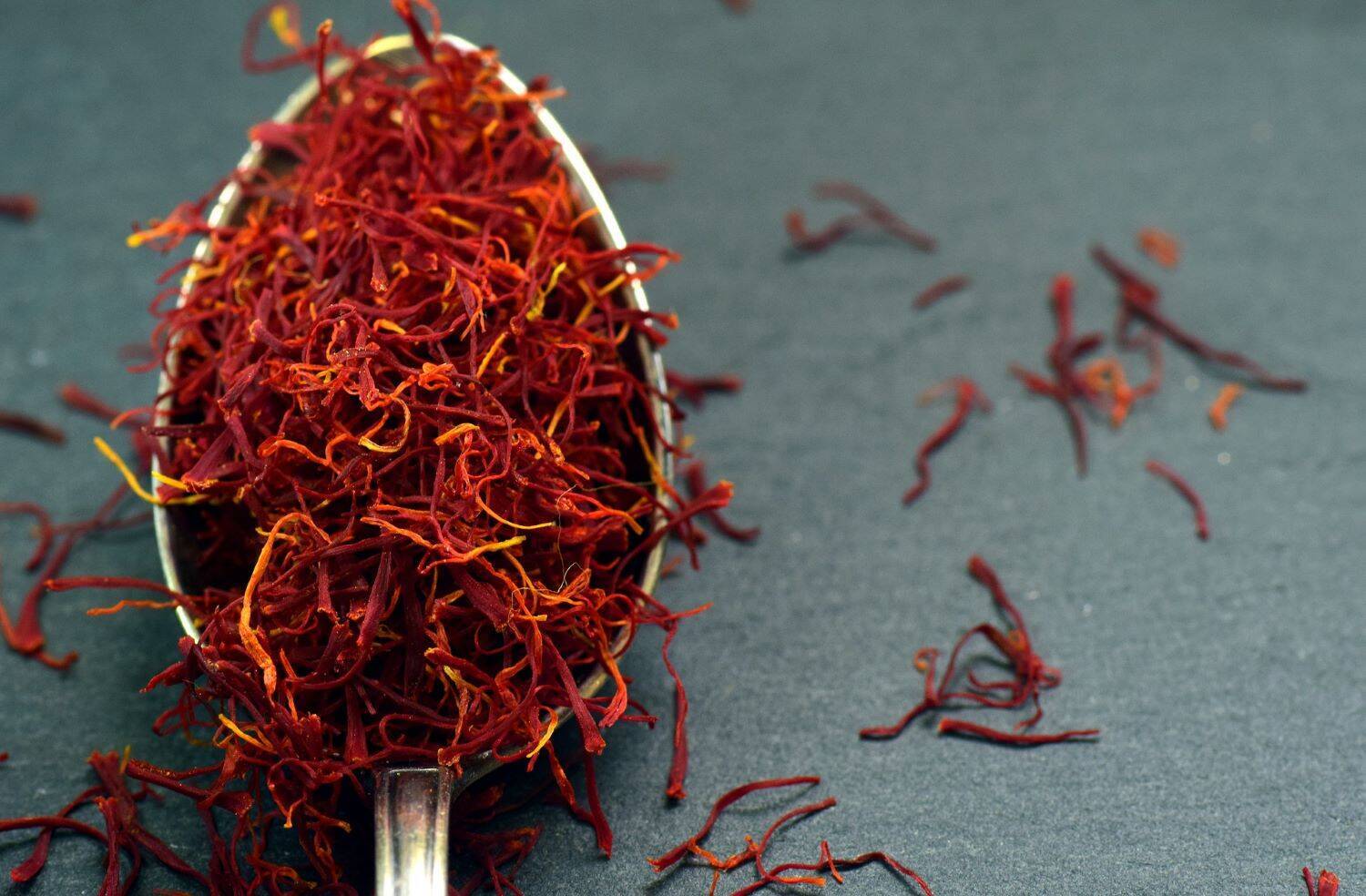
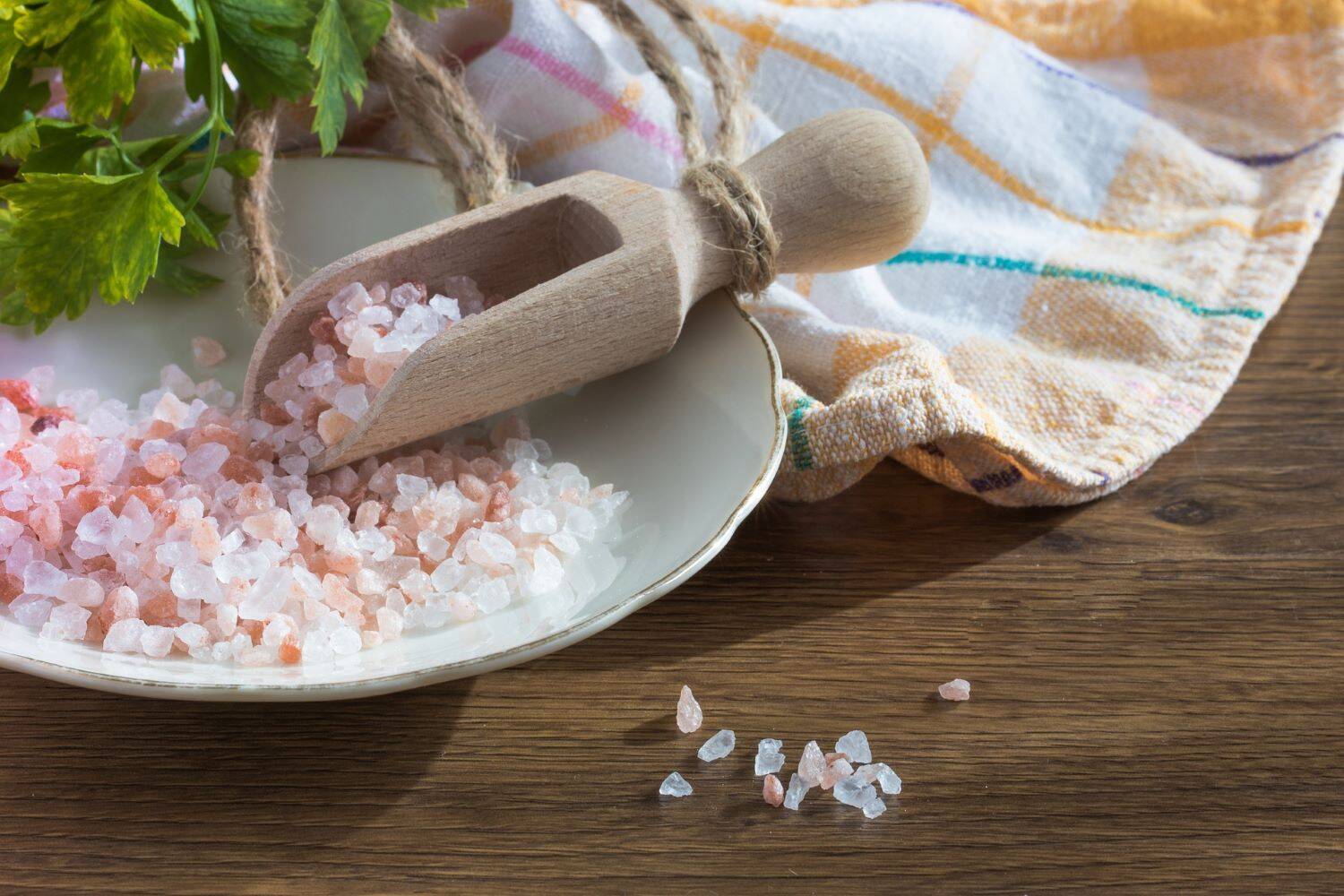
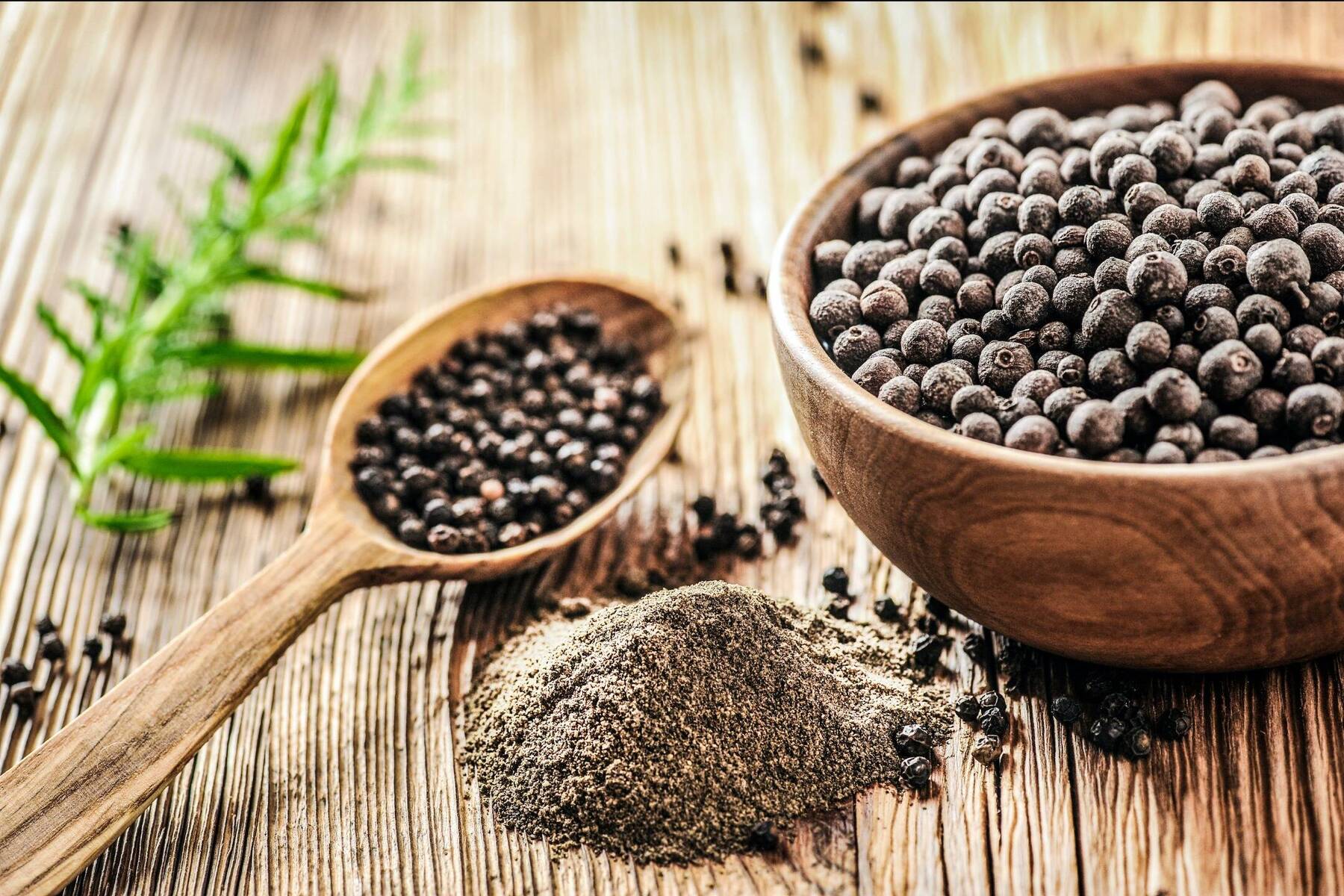
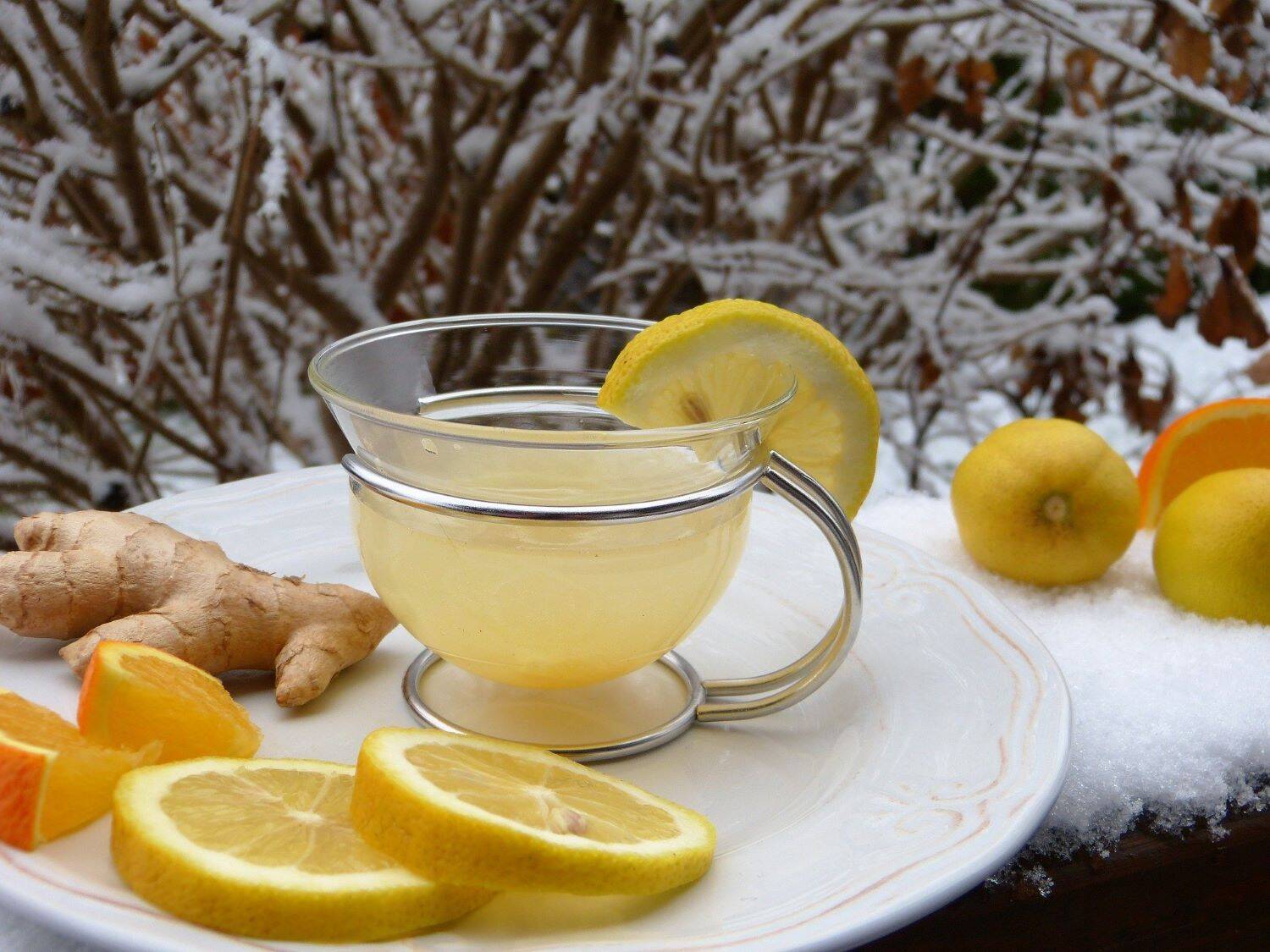
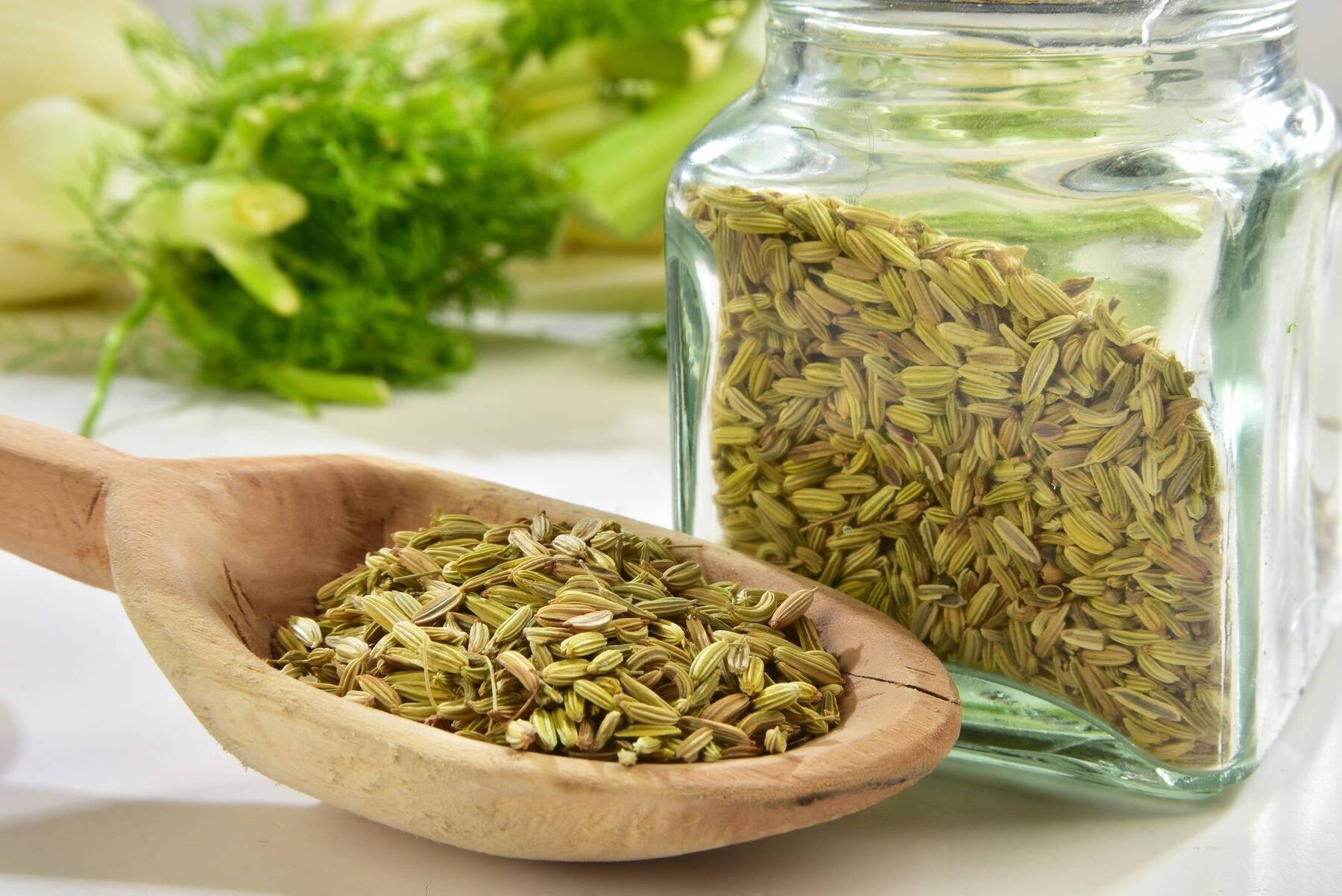

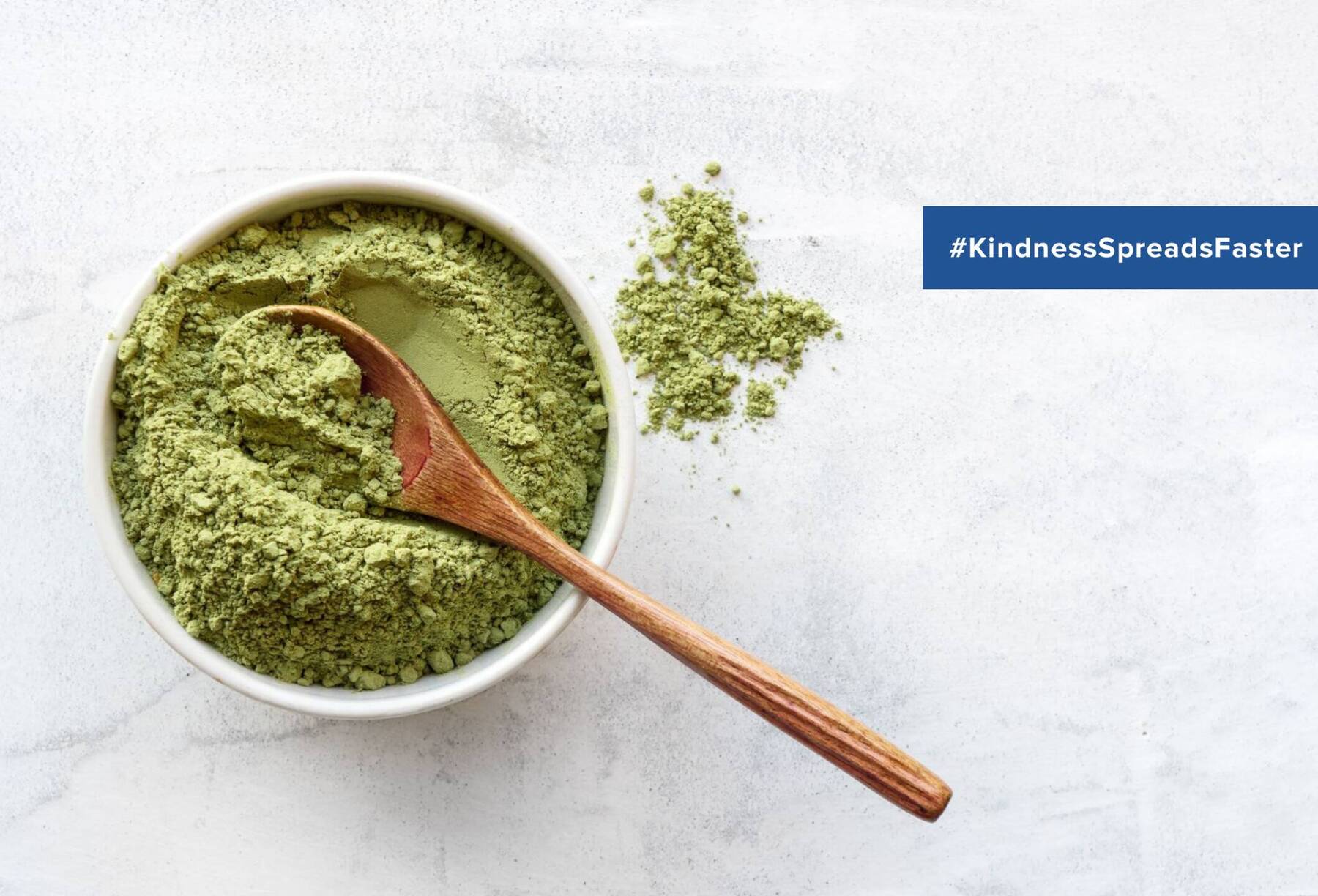


Comments